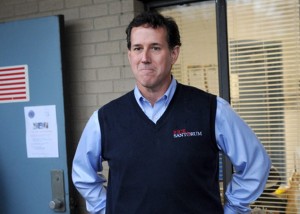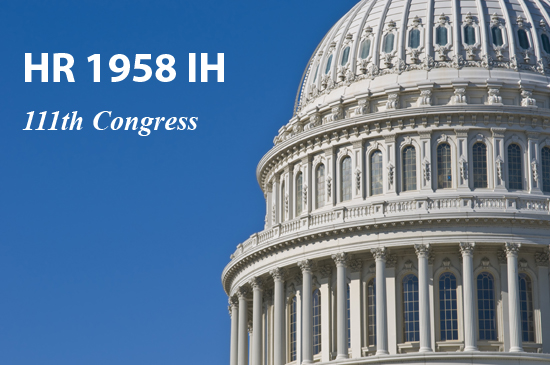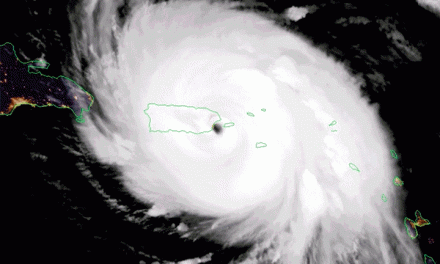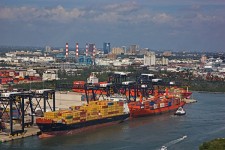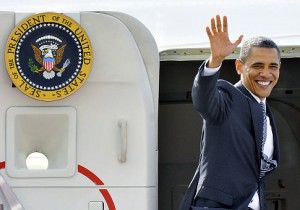 Fifty years.
Fifty years.
That’s how long it’s been since a sitting American President visited Puerto Rico. The last was John Kennedy in December 1961.
So when word leaked out that President Obama will commemorate that Kennedy visit with a one-day stop in Puerto Rico on June 14, many in Washington were caught by surprise.
The news electrified residents of the Caribbean island, which has been a U.S. territory for 112 years. It also provided yet another sign that Obama is determined to offer Latino voters many reasons to support his reelection effort.
Still, Obama’s visit is aimed more at the U.S. than the island. After all, even though Puerto Rico’s 4 million residents are U.S. citizens, they can’t vote for President and they send only one nonvoting member to Congress.
What they do have is lots of relatives among the 4 million Puerto Ricans in the 50 states.
Perhaps the most important state is Florida, which has outstripped all the others in the growth of its Puerto Rican population and is the biggest battleground state in presidential elections.
The 2010 Census counted 848,000 Puerto Ricans living in Florida. That’s a 76% jump from 10 years earlier. There are almost as many Puerto Ricans in the Sunshine State as there are Cuban-Americans.
Most have settled in central Florida along the I-4 corridor around Orlando. Many are retired hotel, government, and factory workers who moved there from the Northeast and Midwest.
Others are young professionals who migrated from the island in droves to work in Florida’s tourism industry.
Both groups vote at high levels, and many – especially the young ones – are fervent advocates of making Puerto Rico the 51st state.
By going to the island, Obama will be sending a clear message to those Florida Puerto Ricans that he is the one national leader in touch with their concerns.
Two months ago, Obama’s special task force on Puerto Rico’s status issued a 112-page report that got little attention.
The report urges Congress to join with the people of Puerto Rico in resolving the island’s future political status. It recommends a two-stage plebiscite on the island and action by Congress – all before the end of 2012.
Don’t hold your breath.
There’s more chance of Congress passing immigration reform than passing legislation on Puerto Rican status.
The status issue has always produced such passionate divisions among even Puerto Rican leaders that most Washington lawmakers have opted to duck.
The task force report gave tacit support to a referendum the island’s pro-statehood Republican Gov. Luis Fortuno wants to hold later this year.
Puerto Rico’s pro-independence and pro-commonwealth parties have rejected Fortuno’s approach, saying it stacks the deck in favor of statehood.
Still, the governor is determined to go ahead with the vote.
So when Obama lands in San Juan next month, he will no doubt get an ecstatic Caribbean welcome just for being the first President in 50 years to pay them attention.
And he will no doubt score some points down in Florida.
But after 110 years as an American colony, Puerto Ricans need more than some words and a quick visit from their leaders in Washington.
jgonzalez@nydailynews.com

